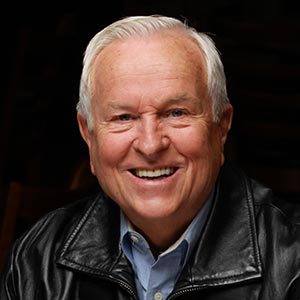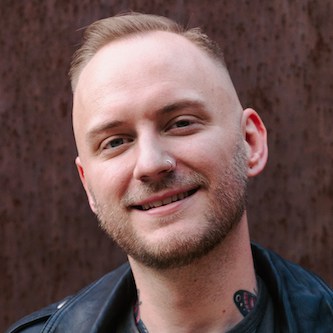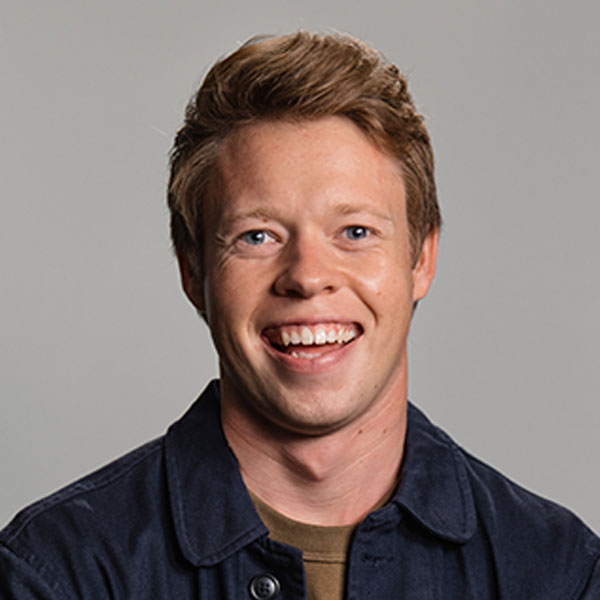It’s easy to believe in things that we can perceive through our senses. But the sensory things of this world aren’t the only things we believe in, right?
We believe in many things that can’t be felt, seen, or heard. Consider the following. We believe in:
-
- Scientific theories, such as the Theory of Relativity.
- Certain things about the future, including that the sun will rise tomorrow.
- Certain things about the past, including that George Washington was our first president.
- Mathematical proofs, such as 2+2=4.
- Moral standards, including that racism is hurtful.
We believe in them because we recognize that not all knowledge comes from the senses. To add another item particularly relevant to God, we even believe in the existence of certain things we can’t sense, such as quarks or dark matter.

Sometimes we believe in things because of logic or intuition. Sometimes because the evidence makes it likely or necessary. And sometimes because we trust the source or person speaking about them.
We can believe in God for similar reasons:
- God makes sense out of the origin of our universe (the cosmological argument for the existence of God).
- God makes sense out of the precise way in which our universe is organized to support life (the fine-tuning argument for the existence of God).
- God makes sense out of the origin for our moral intuitions (the moral argument for the existence of God).
We may not be able to feel, hear, or see God, but we can still come to believe in God’s existence through many avenues of reason. The Bible touches on this in Romans 1:20, which states,
“For His invisible attributes, namely, His eternal power and divine nature, have been clearly perceived, ever since the creation of the world, in the things that have been made. So they are without excuse.”
For more reasons to confidently believe in God and Christianity, check out 77 FAQs about God and the Bible by Josh and Sean McDowell. To dive deep into the historical validation of Christianity, also study their apologetics classic, Evidence That Demands a Verdict.
NEXT STEPS
- Interested in knowing God personally? Get started with this really good info.
- Need prayer? Contact us. We would love to pray for you!













